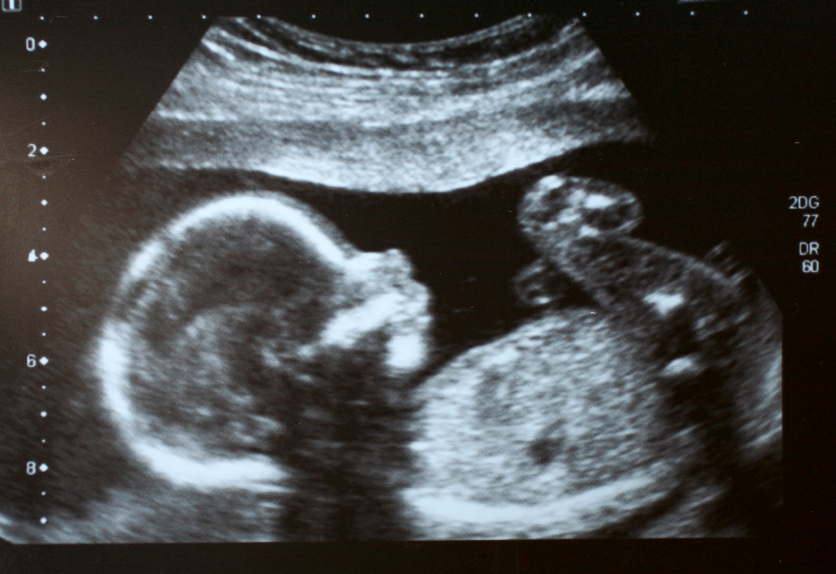
WASHINGTON (BP) — Members of Congress again are seeking to restrict interstate transportation for minors’ abortions after years of failures to enact the legislation.
The Child Interstate Abortion Notification Act (CIANA), H.R. 2299 in this Congress, was first introduced in 1998 but has never reached the president’s desk for signature. A House of Representatives subcommittee heard testimony from supporters and opponents of the measure in a March 8 hearing.
 Under the bill, a person knowingly transporting a minor who lives in a state requiring parental involvement for an abortion would need parental permission or a bypass granted by a judge in order for the procedure to occur in another state. The bill would also require abortion providers to notify parents before performing an abortion on an out-of-state minor. Violators would face not more than one year in prison or a fine.
Under the bill, a person knowingly transporting a minor who lives in a state requiring parental involvement for an abortion would need parental permission or a bypass granted by a judge in order for the procedure to occur in another state. The bill would also require abortion providers to notify parents before performing an abortion on an out-of-state minor. Violators would face not more than one year in prison or a fine.
In the 28 states that have passed parental involvement laws, “the research shows that there is a statistically significant reduction in the in-state minor abortion rate from anywhere from 13 percent to 42 percent,” said Michael New, assistant professor of political science at the University of Michigan-Dearborn.
Passing a parental notification law has helped the overall health of girls, according to New’s research. It has reduced pregnancy in 15 to 19 year olds and lowered incidents of gonorrhea and suicide in the same age bracket, he said.
Testifying on behalf of the Episcopal Church, Katherine Ragsdale, president of Episcopal Divinity School in Cambridge, Mass., told the subcommittee her church has adopted a resolution against parental permission laws in hopes of helping young women in difficult situations.
“Our position encourages the very things this bill would outlaw,” Ragsdale said at the hearing. “Certainly, we want young people to be able to turn to their parents. But when they can’t or won’t, we want to make it easier, not harder, for them to turn to other responsible adults and, most certainly, we don’t want to make it harder for their doctors to be their allies and advocates.”
Rep. Jerrold Nadler of New York, the lead Democrat on the House constitution subcommittee and a bill foe, pointed to an example of a child who could not speak to her parent about her situation. The 13-year-old from Iowa was “shot to death by her father after he found out that she terminated her pregnancy, Nadler said. The pregnancy was the result of incest, Nadler said, with the father causing the pregnancy.
But bill supporter Teresa Collett, professor of law at the University of St. Thomas in Minneapolis, said parental permission laws have bypasses.
“In those few cases where it is not in the girl’s best interest to disclose her pregnancy to her parents, state laws generally provide the pregnant minor the option of seeking a court determination … of the girl’s best interests,” Collett said.
Of the 28 states that enforce parental involvement laws, 22 require only one parent to grant permission for the abortion.
Abortion is a serious procedure and holds consequences for a person’s health, such as “increased risk of breast cancer; extremely premature birth in subsequent pregnancies, at 28 weeks of gestation or less, and suicide,” said Rep. Trent Franks, R.–Ariz., the subcommittee’s chairman.
Since 1998, the bill — in various forms — has received approval from the House but has gained passage in the Senate only once. The House and Senate approved different versions of the legislation in 2006, but Democrats blocked a negotiated bill from receiving a vote on final passage.
At the hearing, Nadler predicted a similar fate for this session’s measure, saying, “This bill we have considered in the 106th, 107th, 108th, 109th Congresses, and I presume that we will have no more success in this Congress.”
–30–
Mark Norton is an intern with the Washington bureau of Baptist Press.















